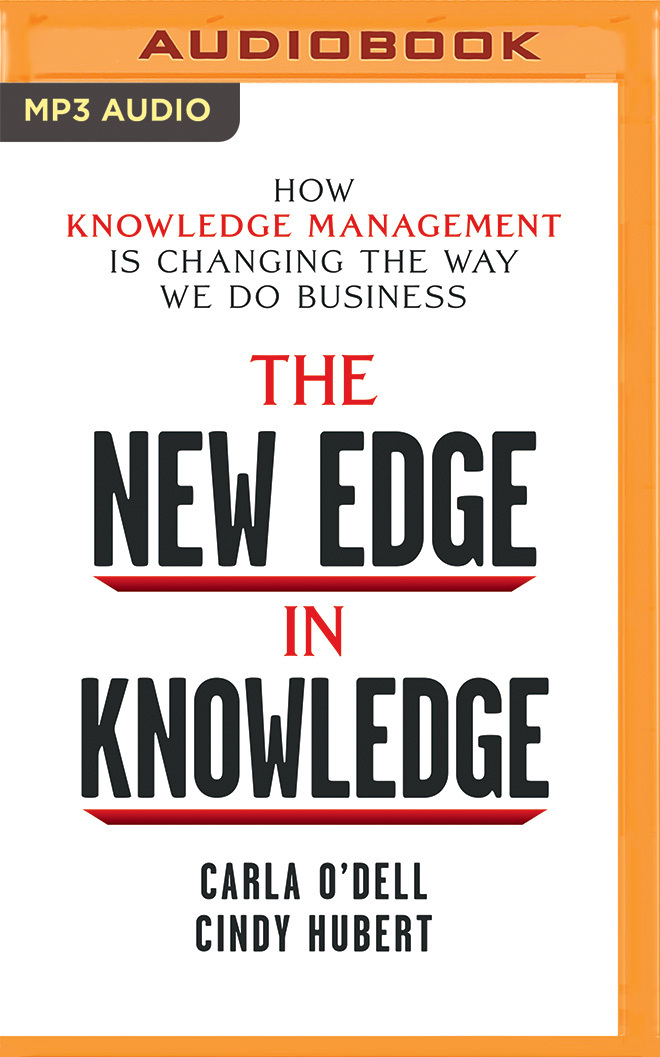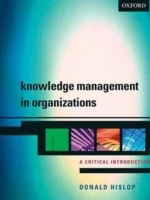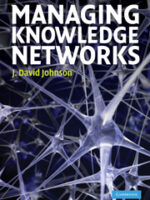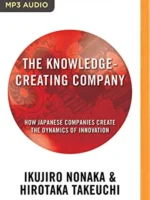The New Edge in Knowledge: How Knowledge Management Is Changing the Way We Do Business Review
The New Edge in Knowledge by Carla O’Dell and Cindy Hubert is a field guide to building KM programs that actually change behavior and results. It translates two decades of practice at APQC into patterns: where KM creates value, how to scale communities, and how to measure outcomes without drowning in vanity metrics.
Overview
The book covers KM strategy, governance, roles, communities of practice, lessons learned, expertise location, content management, and analytics. It blends checklists, maturity models, and case studies across industries to show how to align KM with business goals.
Summary
O’Dell and Hubert map core services—communities, knowledge bases, after-action reviews, peer assists, and expert finders—to business problems: cycle time, quality, safety, and innovation. They stress sponsorship, embedded roles (community leaders, knowledge stewards), and lightweight processes that fit the flow of work. Measurement focuses on reuse, reduced rework, time-to-competence, and captured savings.
Authors
Carla O’Dell and Cindy Hubert led APQC’s KM practice. Their writing is operational: frameworks, templates, and examples from organizations that shipped KM into daily routines.
Key Themes
Start with business outcomes, not portals. Communities require stewardship and incentives. Governance clarifies ownership and quality. Metrics must show contribution to performance, not page counts.
Strengths and Weaknesses
Strengths: pragmatic playbooks, role definitions, and measurement recipes. Weaknesses: lighter treatment of modern AI/LLM tooling and open source collaboration patterns. Use it as a baseline, then layer current tech.
Target Audience
KM leaders, operations and quality managers, HR/L&D, and executives who need KM tied to KPIs and compliance.
Favorite Ideas
Peer assist before big bets; community charters with clear value promises; “knowledge assets” with owners and refresh cycles; outcome-oriented dashboards.
Takeaways
Design KM as a service portfolio attached to business goals. Fund stewards, standardize the few workflows that matter, and measure reuse and cycle time. If KM does not change decisions, it’s decoration.









